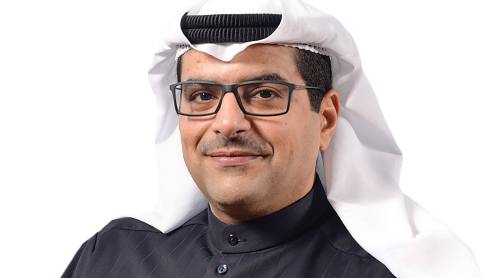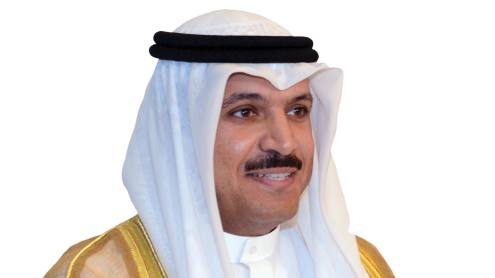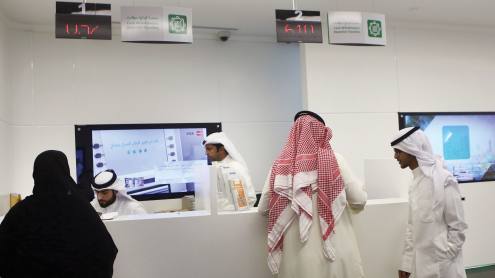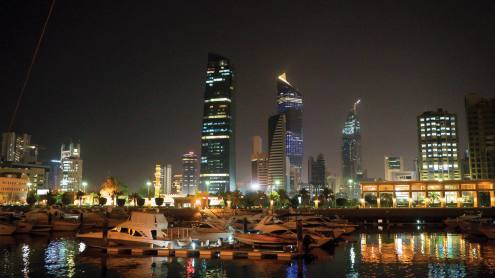Economic optimism across the six countries of the Gulf Co-operation Council (GCC) is in short supply going into the second quarter of 2020. The impact of the global coronavirus pandemic, which has prompted unprecedented social lockdowns across the region in a bid to contain its spread, has combined with an unprecedented collapse in oil prices, choking off the major source of revenue for regional governments.
“A period of low oil prices will have adverse effects on public debt dynamics, external balances and economic growth in oil-exporting [Middle East and African] economies,” said Fitch Ratings in a briefing note in early March, as the crisis began to take hold.












